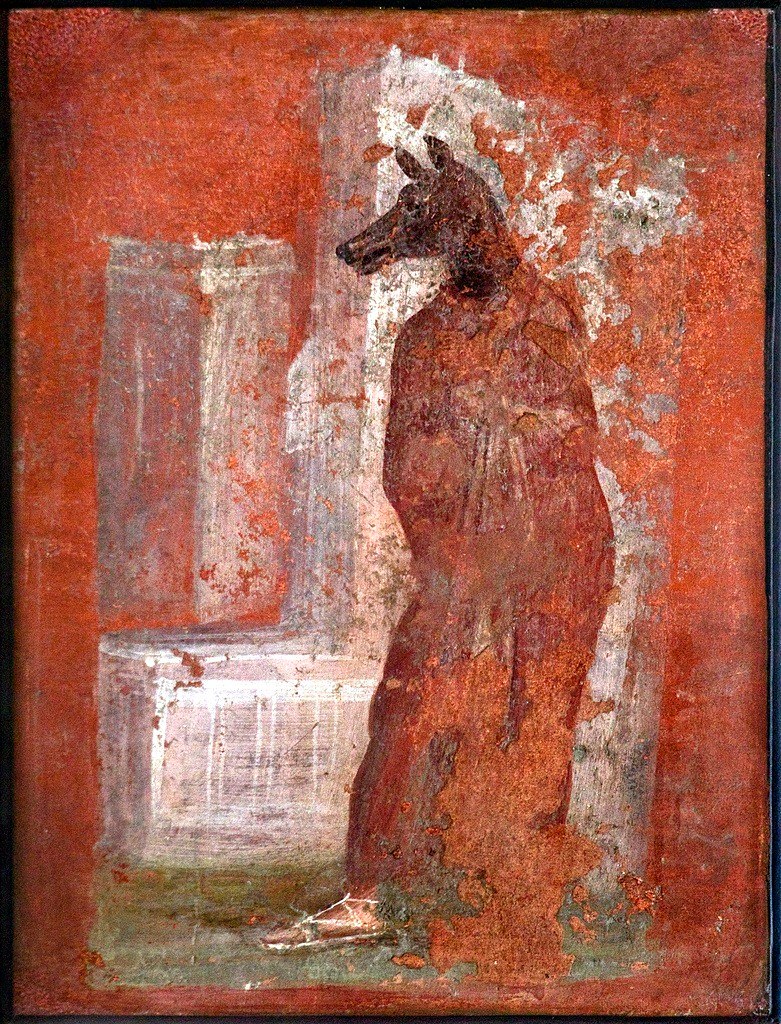 I finally got sick of all the anti-fb drivel coming out. But perhaps your experience isn't like mine. Here's what I see (PF(S|B)F = post-from-(scientific|blogging-)friend:
I finally got sick of all the anti-fb drivel coming out. But perhaps your experience isn't like mine. Here's what I see (PF(S|B)F = post-from-(scientific|blogging-)friend:* PFF
* "Publication suggérée" (IBM flash storage)
* PFSF (in foreign)
* PFBF (about Ian McKellen)
* PFSF (about a concent)
* PFF (about dance)
* New Yorker (about some silly Sean Hannity film)
* New Yorker (Things to secretly love about NYC)
* God about Jesus Memes
* World Rowing about Teaser Aegon European Rowing Indoor Championships 2018
* "Publication suggérée" about some cycling thing
* New Yorker (again!) about Gordon Ramsay
* God: a fun cartoon about cycling in America
* Friend suggestions
* Unfunny New Yorker cartoon
* Rowing: Cantabs advert for the Winter Head
* Discarding images: Ants
* Rowing: Concept2: inspirational picture
* Running: Parkrun pic
* Teddy Hall: upcoming events
* Artfinder advert (I must stop seeing that stuff... I can't recall why I decided to follow them. Unfollowed)
* "Publication suggérée": BFI player
That's a little atypical; normally I have more posts from friends, mostly about rowing. At this point I got bored, so let's skip everything non-political.
* SR: about his http://www.realclimate.org/index.php/archives/2017/11/el-nino-and-the-record-years-1998-and-2016/
* NY Times: Did the World Get Aung San Suu Kyi Wrong?
* New Yorker: Mueller's indictements, Ryan's tax plans.
* SR: Das CO2-Budget ist fast verbraucht
* MM: Humans 'dominant cause' of climate change, government report says
* "Publication suggérée" by Jacobin Magazine
 And now I've scrolled deep into my feed, where it is generally admitted people just don't go. It's probably fitting to end with this tasteful tee-shirt.
And now I've scrolled deep into my feed, where it is generally admitted people just don't go. It's probably fitting to end with this tasteful tee-shirt.So my conclusion is that if people are trying to feed my stuff, they aren't doing a good job. Maybe I'm not their target demographic. But anyway: that's what I see. Now let's consider two other views:
An opinion piece, Beware: this Russian cyber warfare threatens every democracy by Natalie Nougayrède in the Graun (aside: increasingly I've grown dubious about the virtue of "columnists" in the papers. Just like financial advisers (if you were any good, why aren't you too rich to bother advising me?), if a columnist was any good, why wouldn't they be in policy?) Notably, it has no solutions, other than that scary-faced women should tell fb what to do, in the name of course of Democracy. The closest she comes is
Interestingly, the Facebook representative was then asked whether the platform would suppress specific content in a geographical area to abide by local laws including, for example, taking down a Chinese dissident’s postings. He partly deflected the question by answering that Facebook did so already in Germany, where legislation bans Holocaust denial. That moment, if anything, brought a small glimpse into the many complex aspects of a debate that will define much about whether democratic principles can be upheld in a technologically interconnected world.Which is kinda cute, and rather analogous (I know, this is well over the top) to Jesus's answer to the Pharisees. Early on she admits
We don’t yet know the full picture. In particular, we don’t know if Russian-promoted bots, trolls and online ads had an impact that in any way altered the outcome of the US election.but only immeadiately after quoting with approval the scary-faced woman:
says sternly to the Facebook, Twitter and Google representatives (whose evasive answers have exasperated her): “You don’t get it! This is a very big deal. What we’re talking about is cataclysmic. It is cyber warfare. A major foreign power with sophistication and ability got involved in our presidential election.”So there you have it: we don't know these ads had any impact, but nonetheless it is cataclysmic. Can you say America is facing an epistemic crisis, children? These people are clearly not capable of thinking; not capable of forming logical connections between related sentences. Because their aim is propaganda for their favoured solution which is (you knew this was coming, didn't you?) moah regulation. That's also The Economist's solution (arch); their reasoning is better although their tagline (Facebook, Google and Twitter were supposed to save politics as good information drove out prejudice and falsehood. Something has gone very wrong) is drivel.
Refs
* Two Basic Foundations - Science of Doom
* Timmy finds another example
* A World of Ingratitude - Bryan Caplan, EconLib
* We Analysed the 527,350 Facebook Ads placed by the US Presidential Candidates. Here Are The Results [2019]
4 comments:
"...their tagline (Facebook, Google and Twitter were supposed to save politics as good information drove out prejudice and falsehood. Something has gone very wrong) is drivel."
Can you elucidate? It's difficult to go back and find authoritative views from 20 or 30 years ago, but a quick perusal of Google results prior to 2000 shows a pretty clear belief that the public in general and specifically technology supporters felt the internet and cell phones would bring positive change to institutions of all kinds.
Given the history of this century so far it's hard in retrospect to justify that optimism.
Clearly the internet and phones *have* made positive changes. But I find the idea that they were "supposed" to save politics dubious.
The internet makes it possible to economically and quickly distribute messages crafted to appeal to the biases and preconceived notions of a carefully targeted audience, who in turn will further distribute them. There are powerful positive feedback mechanisms operating here that enable a disproportionately large effect to be achieved with minimal effort. Once the lie is entrenched, it takes on a life of its own.
Churchill pointed out that "a lie can get around the world before the truth gets its pants on." The situation is quite a bit worse now - for example, someone can make something up about an event that has just happened, and, in the absence of better information, it will be picked up in social media and even by internet search engines. As an example, there seems to be a significant number of people who believe that the Las Vegas and Sandy Hook shootings were false flag operations. You might not personally be aware of the parts of the internet where such disinformation and conspiracy theories are being created and disseminated, but that doesn't mean that these sorts of things are not happening or that they don't have an impact.
I think you forgot to add "You kids get off my lawn."
Post a Comment